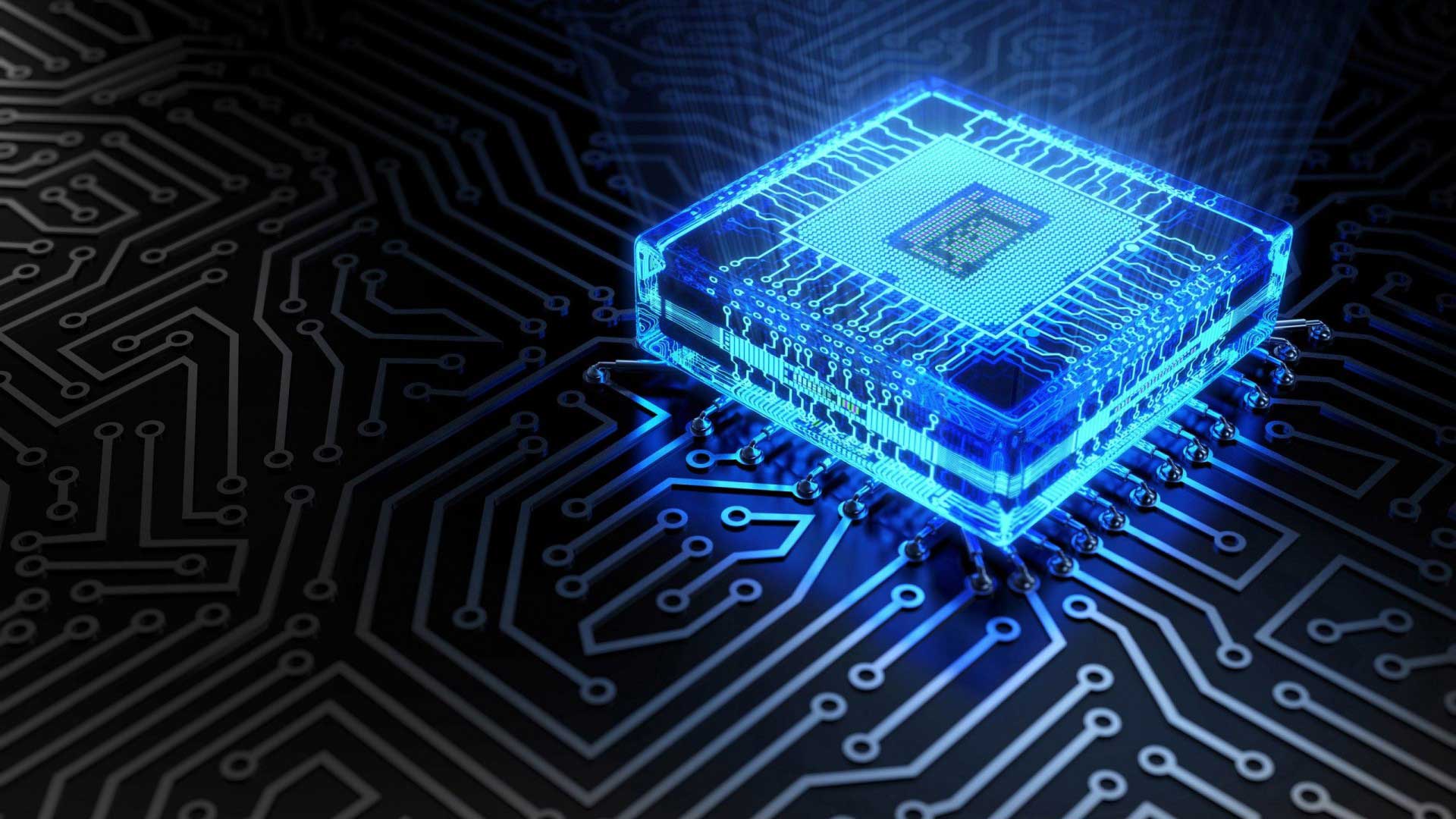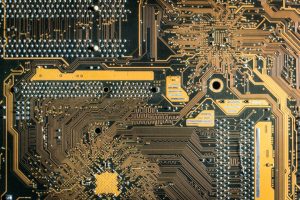
As technology advances at an unprecedented pace, microchips have become an integral part of our daily lives. From smartphones to smart homes, microchips power the devices that make our lives easier and more efficient. However, the process of manufacturing these tiny but powerful components is far from easy. In this article, we will explore the complexities of semiconductor manufacturing and why microchips are so hard to make.
The first challenge in microchip manufacturing is the sheer size of the components. Microchips are made up of billions of transistors, each measuring only a few nanometers in size. To put this into perspective, a human hair is about 100,000 nanometers thick. The process of creating such tiny components requires extreme precision and accuracy, which is why microchip manufacturing is often referred to as nanotechnology.
Another challenge in microchip manufacturing is the complexity of the process. The manufacturing process involves multiple steps, including photolithography, etching, deposition, and polishing. Each step requires specialized equipment and expertise, and any mistake or deviation from the process can result in a defective chip. Additionally, the manufacturing process is highly sensitive to environmental factors such as temperature, humidity, and contamination, which can further complicate the process.
Furthermore, the materials used in microchip manufacturing are highly specialized and often expensive. Silicon, the most commonly used material in microchip manufacturing, is purified to a level of 99.9999% purity, which requires a complex and expensive process. Other materials used in microchip manufacturing, such as gallium arsenide and indium phosphide, are even more expensive and difficult to work with.
Finally, the demand for microchips is constantly increasing, which puts pressure on manufacturers to produce more chips at a faster rate. However, increasing production can also increase the risk of defects and errors, which can lead to significant losses for manufacturers.
In conclusion, microchip manufacturing is a complex and challenging process that requires extreme precision, expertise, and specialized equipment. The demand for microchips is constantly increasing, which puts pressure on manufacturers to produce more chips at a faster rate. However, the challenges of microchip manufacturing make it difficult to meet this demand without sacrificing quality. As technology continues to advance, the complexities of microchip manufacturing will only increase, making it more important than ever to understand the challenges and limitations of this vital industry.


